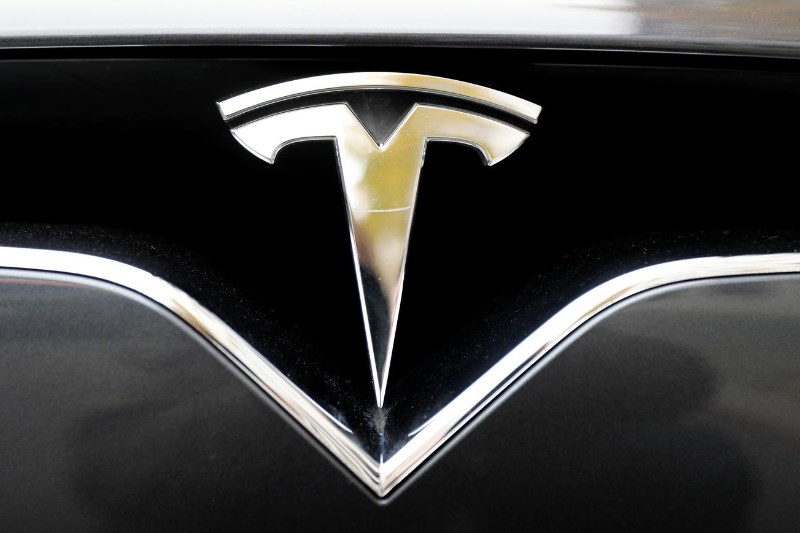Who is Kevin Hassett? Wolfe looks at the Trump ally tipped to become Fed Chair.
European Union ministers reached a consensus on Monday to modify a European Commission proposition concerning new vehicle regulations. The decision came after eight countries, including France and Italy, expressed concerns that the proposed changes might redirect investments away from the electric vehicle industry.
The European Union has been progressively tightening emission standards for road vehicles since 1992. The Commission's most recent proposal, known as "Euro 7," aimed to establish new criteria for particle emissions from brakes and tires.
France, Italy, and the Czech Republic advocated for less stringent regulations, citing worries that the proposed limits on pollutants like nitrous oxides from internal combustion engines could shift resources and investment away from electric vehicles (EVs).
Spain, currently holding the rotating presidency of the European Union, presented a compromise text that had been agreed upon by the Council of the European Union, which consists of EU ministers.
The Council, the European Parliament and the European Commission will now need to begin negotiations for a final agreement on the new regulations.
"We believe that, with this proposal, we achieved broad support, a balance in the investment costs of the manufacturing brands and we improve the environmental benefits derived from this regulation," said acting minister, Héctor Gómez Hernández.
The EU countries agreed not to change the existing "Euro 6" test conditions and emissions limits for cars and vans, although they will be lower for buses and heavy vehicles.
